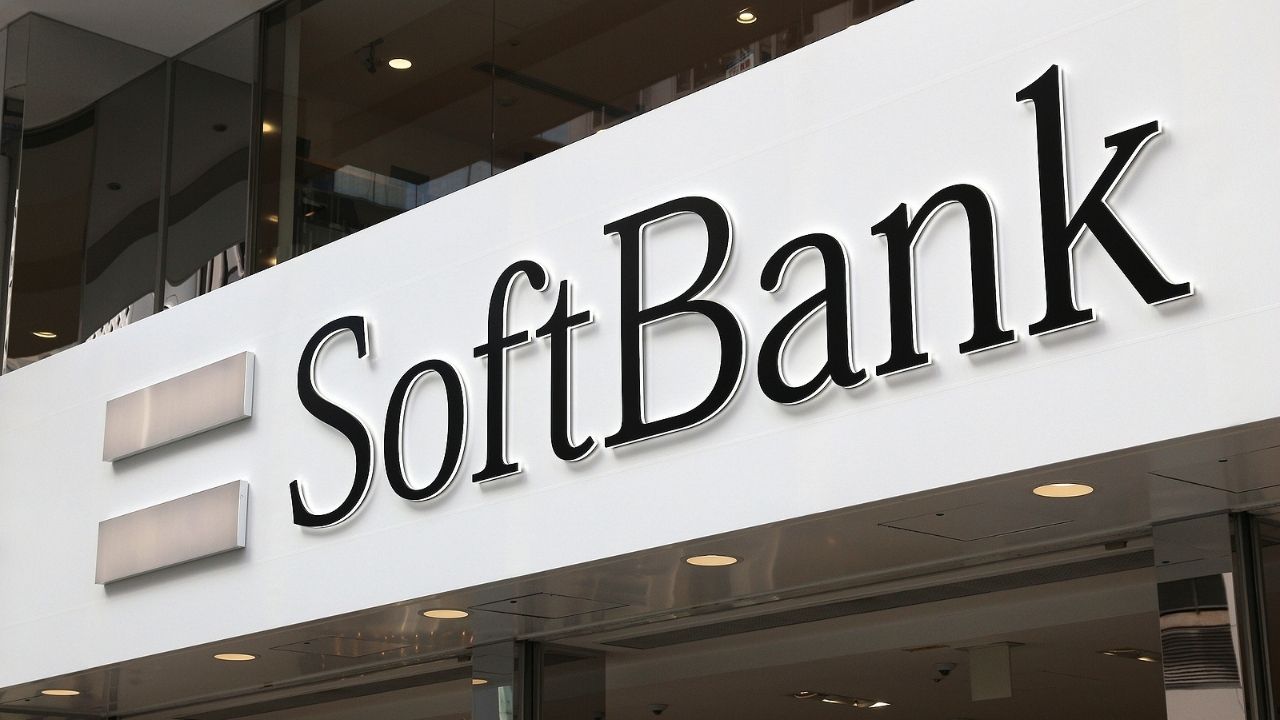SoftBank’s Vision Fund was once seen as one of the most ambitious venture capital arms on the market, but has since been tied to some of the biggest headline-grabbing company disasters.
This means more than investors losing money — some believe that the organization’s support for unreliable companies is having a big impact across the entire commercial real estate industry.
“SoftBank invests in all of these grow-fast, grow-hard companies [because] they’re very much looking for super-extraterrestrial home runs,” said Maximillian Diez, venture capitalist and CEO of Twenty Five Ventures. “And there have been some cases where companies perhaps accelerated too fast and sacrificed culture.”
For instance, real estate brokerage firm Compass debuted on the New York Stock Exchange last April with their sights set on being a proptech company. Initially, its stocks were priced between $18 and $19 a share, but as of April 25 this year, it was selling at $5.72 per share.
Similarly, and perhaps more infamously, coworking company WeWork achieved a private valuation of $47 billion after receiving over $10 billion of equity and debt from SoftBank.
After its first attempt at an IPO failed miserably, the operator shed much of its massive expansions and side ventures in order to merge with a special purpose acquisition company and go public with a valuation of just $ 8 billion. On April 25, WeWork was trading at $6.61 per share.
According to Diez, while he has only “great things to say about” Masayoshi Son, the CEO of SoftBank, he believes that his fast-paced nature of venture capital could become cumbersome.
Although the Vision Fund has the financial support of backers, the pressure to invest into companies as quickly as possible does not take into account the evolving geopolitical future.



 Dr. Gleb Tsipursky – The Office Whisperer
Dr. Gleb Tsipursky – The Office Whisperer Nirit Cohen – WorkFutures
Nirit Cohen – WorkFutures Angela Howard – Culture Expert
Angela Howard – Culture Expert Drew Jones – Design & Innovation
Drew Jones – Design & Innovation Jonathan Price – CRE & Flex Expert
Jonathan Price – CRE & Flex Expert











